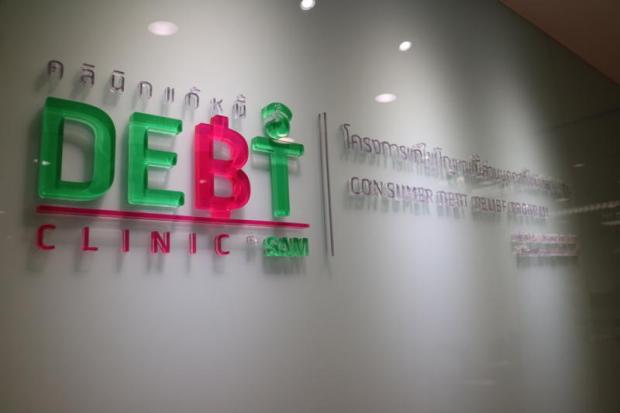
Sukhumvit Asset Management (SAM) estimates that a larger amount of bad assets will be sold this year by banks as they brace for implementation of a new accounting standard, International Financial Reporting Standard 9 (IFRS 9), taking effect from 2019.
Under IFRS 9, the accounting practices for banks will be tightened, particularly for loan-loss provisions, so well-planned management for bad assets is needed because the new rules will take a toll on provision reserves and capital funds, said SAM head Thitima Rungkwansiriroj.
She said the company expects the amount of NPL sales this year to surpass last year's total. Commercial banks last year divested of 120 billion baht in non-performing loans.
SAM, a wholly owned subsidiary of the Financial Institutions Development Fund (FIDF), last year bought bad assets worth 4.8 billion baht, below the target of 5 billion, and its NPL acquisition is targeted to be raised by 10-20% this year, Ms Thitima said.
She said Bangkok Bank is the only commercial bank that has yet to sell non-performing assets (NPAs). The bulk of NPAs sold by banks are SME and retail loans, while banks prefer handling soured corporate loans themselves rather than selling them off.
SAM has a policy of buying secured assets with targeted returns of at least 10%, and it typically sells such assets within 3-5 years after purchase.
SAM's debt portfolio exceeded 61 billion baht at the end of last year.
The company aims to send income worth 8 billion baht to the Bank of Thailand this year, up from 7 billion last year.
In another development, SAM, which manages the Bank of Thailand-initiated Debt Clinic, forecasts that 50,000 more debtors will be eligible to access the clinic if the amended Sukhumvit Asset Management Act is approved.
The central bank has amended the act, which is vetted by the Council of State, to let non-bank companies transfer bad assets to the asset management company, a move that will enable debtors of non-bank firms to take part in the Debt Clinic scheme.
Some non-bank firms, including Krungthai Card Plc and Ayudhya Capital Services Ltd, have shown interest in participating in the debt clinic, Ms Thitima said.
The Bank of Thailand has relaxed a set of regulations, effective from May 1, to increase the number of Debt Clinic participants.
Under the new regulations, self-employed workers can join the Debt Clinic, which pools the unsecured bad loans of 16 local and foreign commercial banks with the aim of turning them into performing assets.
Those whose legal cases are still being adjudicated in the scheme, and those with overdue debt of more than three months from credit, cash cards or personal loans with at least two banks before April 1, 2018, can also participate.
The previous regulations only allowed regular income earners who had failed to repay credit, cash cards or personal loan debts with at least two banks for more than three months before May 1, 2017 to join the Debt Clinic scheme.
Since the Debt Clinic's debut last June, 33,736 bad debtors have applied for the scheme but only 1,047 were qualified.